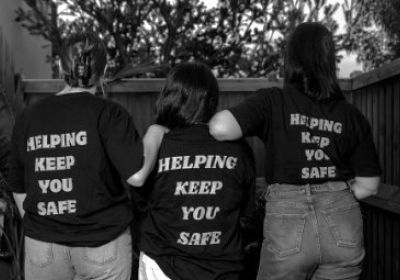
Frances Cheffin, project manager for What Were You Wearing’s national Move For Them day, said the event will be a “massive day of support and celebration, and collective strength”. Mary Merkenich reports.

Frances Cheffin, project manager for What Were You Wearing’s national Move For Them day, said the event will be a “massive day of support and celebration, and collective strength”. Mary Merkenich reports.

Green Left journalists Isaac Nellist and Riley Breen discuss the latest news from across the continent and around the world.
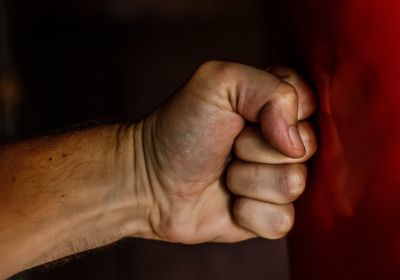
Women’s rights organisations have voiced their concern with Labor and the NSW Police's law-and-order approach. Josh Adams reports.
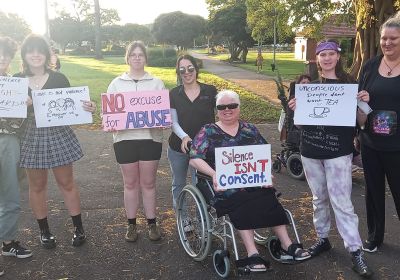
More than 200 people reclaimed Beaumont Street in Hamilton, Newcastle, on October 28 as part of Reclaim the Night, reports Steve O'Brien.
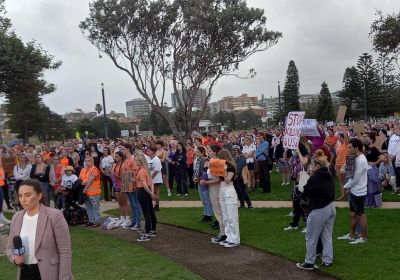
Five hundred people called on Prime Minister Scott Morrison to implement changes to stop gendered and domestic violence against women. Niko Leka reports.

Socialist Alliance candidate for Leichhardt Pat O’Shane went on a listening tour of Zenadth Kes (Torres Strait). Kerry Smith reports.
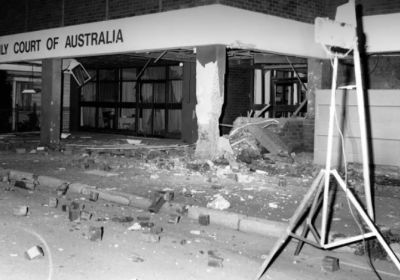
Leonard Warwick, known as the “Family Court Bomber”, has finally been found guilty and sentenced to three life sentences. Sue Reilly writes about his misogyny and why he targeted the Family Court of Australia.
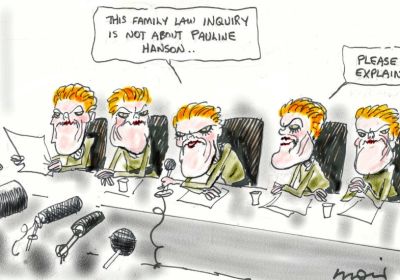
Prime Minister Scott Morrison has announced yet another inquiry into the family law system, with Liberal MP Kevin Andrews and One Nation Senator Pauline Hanson as leader and deputy chair, respectively. Neither are known for supporting the Family Court nor their expertise in family violence issues, writes Sue Reilly.
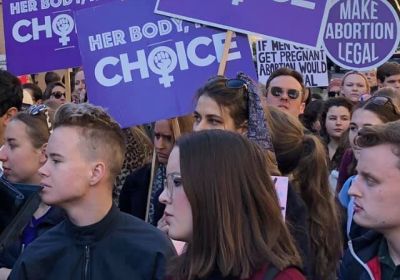
Every day, Australian women face the real prospect of violence. A recent publicised example was the tragic death of Michaela Dunn and attempted murder of Lin Bo at the hands of a knife-wielding murderer in the streets of Sydney. But most violence against women happens in the home, not in the headlines, writes Hannah Duke.
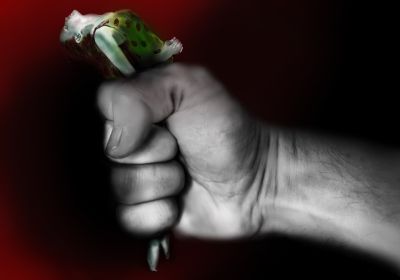
The five-year Royal Commission into Institutional Responses to Child Sexual Abuse, which presented its findings last year, opened up a greater understanding of the problems in religious and community institutions’ dealings with children.
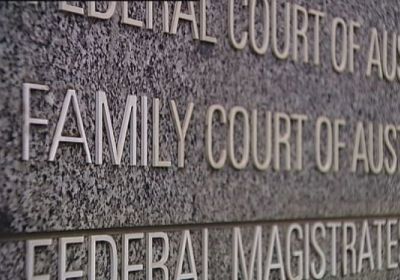
The Malcolm Turnbull government has announced it will merge the Family Court of Australia into the Federal Circuit Court (FCC), a move it says will allow the federal court system to reduce its growing backlog of family law cases, some of which date back years.